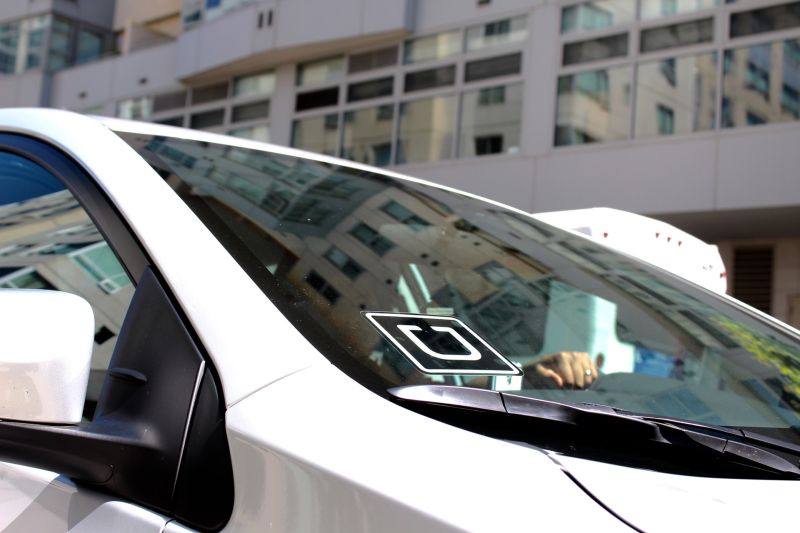A San Francisco federal judge has ordered Uber to limit communication with drivers who are part of a class-action lawsuit against the company, saying he had "grave concerns" about arbitration agreements the company sent out last week.
U.S. District Court Judge Edward Chen said the agreements are "likely to engender confusion" and that he would issue an order preventing them from taking effect for drivers who are part of the lawsuit. However, Chen added that he wasn't sure he had the "complete authority" to ban arbitration agreements.
The tentative rulings are the latest in the class action against Uber, which argues the company misclassifies drivers as independent contractors instead of employees. The drivers are also seeking reimbursement for expenses, including gas and car maintenance, along with tips they claim were advertised to customers as part of the fares but not given to drivers.
Chen said he was directing Uber not to communicate "with class members or anything that might affect the prosecution of this case without clearing it through counsel or coming to the court if there's a disagreement."
Uber sent out the new arbitration agreements last Friday, two days after Chen issued a ruling expanding the class of drivers who could be part of the lawsuit. He ruled 2014 and 2015 arbitration agreements were unenforceable, which meant drivers who opted out of those clauses could be included in the lawsuit. Uber is appealing the ruling.
